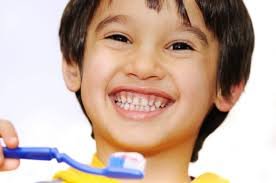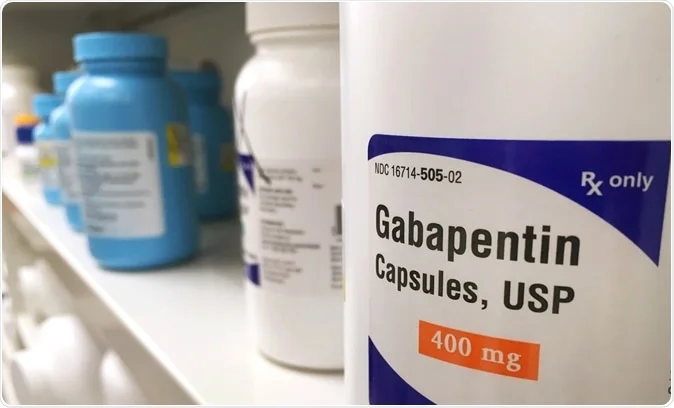Teaching your child proper oral care is one of the best investments you can make in their health. Healthy teeth don’t just ensure a beautiful smile; they’re also crucial for your child’s overall wellbeing. But getting kids to adopt good oral hygiene habits can be tricky.
This guide outlines essential tips to help your child maintain a happy, healthy smile. Whether you’re dealing with a reluctant brusher or you’re navigating the teething phase, these expert-backed tips will get you on the right path.
Why Early Oral Care Matters
Did you know that children can start developing cavities as soon as their first tooth emerges? According to the American Academy of Pediatric Dentistry, early oral care establishes the foundation for a lifetime of healthy teeth and gums. Good oral hygiene affects more than just the mouth; it can influence speech development, eating habits, and even self-esteem.
Brush and Floss Every Day
Start Early
Oral care begins before your child’s first tooth appears. After feeding, gently wipe your baby’s gums with a soft, damp cloth to remove bacteria. Once the first tooth erupts, switch to a soft-bristle toothbrush designed specifically for infants.
Make it Fun
For toddlers and older children, brushing can feel like a chore. Turn it into an engaging activity by letting them pick out their toothbrush and toothpaste. Bright colors, fun shapes, or themed toothbrushes featuring their favorite characters can make brushing a lot more exciting!
Use a pea-sized amount of fluoride toothpaste for kids over three years old, and teach them to spit out the excess after brushing. For those under three, use only a rice grain-sized smear of toothpaste.
Don’t Forget to Floss
Flossing is just as important as brushing, especially once your child’s teeth start to touch. For younger kids, you might have to do the flossing for them until they develop the dexterity to do it themselves around age eight or nine. Floss picks or floss holders can make this process easier.
The Role of a Healthy Diet
A well-balanced diet is crucial for oral health. Limit sugary snacks and beverages, as sugar is a major contributor to tooth decay. Instead, offer snacks rich in calcium, like cheese and yogurt, or foods high in fiber, such as fruits and vegetables. Drinking plenty of water also helps rinse away food particles and keeps saliva levels balanced, which can act as a natural defense against cavities.
Here’s a quick tip from an expert pediatric dentist in South Jordan: When your child does consume sugary treats, encourage them to brush shortly after or at least rinse their mouth with water to minimize the impact of sugar on their enamel.
Regular Dental Checkups
One of the most overlooked aspects of oral care is the importance of regular dental visits. The American Dental Association recommends bringing your child to the dentist by their first birthday or within six months of their first tooth erupting.
During these early visits, your dentist will check for any potential issues and offer guidance on maintaining your child’s oral health. Regular dental checkups also help your child become familiar with the dentist’s office, reducing anxiety around future appointments.
Protect Their Pearly Whites
Fluoride Treatments
Fluoride strengthens tooth enamel and prevents cavities, especially in young children. Many pediatric dentists recommend fluoride treatments as part of routine dental care.
Dental Sealants
For older kids with permanent molars, dental sealants are an excellent preventive measure. These thin coatings are applied to the chewing surfaces of molars to seal out plaque and food particles, especially in hard-to-reach areas.
Mouthguards
If your child plays sports, a custom-fitted mouthguard is a must. It protects their teeth from potential injuries and ensures their beautiful smile stays intact.
Lead by Example
Kids learn by watching. Show your child that oral hygiene is a priority by practicing good oral care habits yourself. Brush and floss together as a family activity to make it a daily routine they look forward to.
You can also explain why oral health is important in age-appropriate terms. For example, you can tell younger kids that brushing helps fight “sugar bugs” or keeps their teeth shiny and strong like a superhero’s.
Keep a Consistent Routine
Routines play a significant role in forming habits, and oral care is no exception. Create a consistent oral hygiene schedule, brushing and flossing twice a day. If mornings are rushed, carve out extra time in the evening to ensure your child follows through with their routine properly.
Celebrate Small Wins
Positive reinforcement makes all the difference. Reward your child for adopting good oral hygiene habits, whether with stickers, extra playtime, or a special treat (that’s tooth-friendly, of course!). Celebrating their effort will encourage them to stick with these lifelong healthy habits.
Make Oral Care a Priority for Your Child
Fostering good oral hygiene in your child sets a strong foundation for their future health. By brushing and flossing daily, eating a balanced diet, and making regular dentist visits, you can help ensure they enjoy healthy teeth and gums for years to come.




